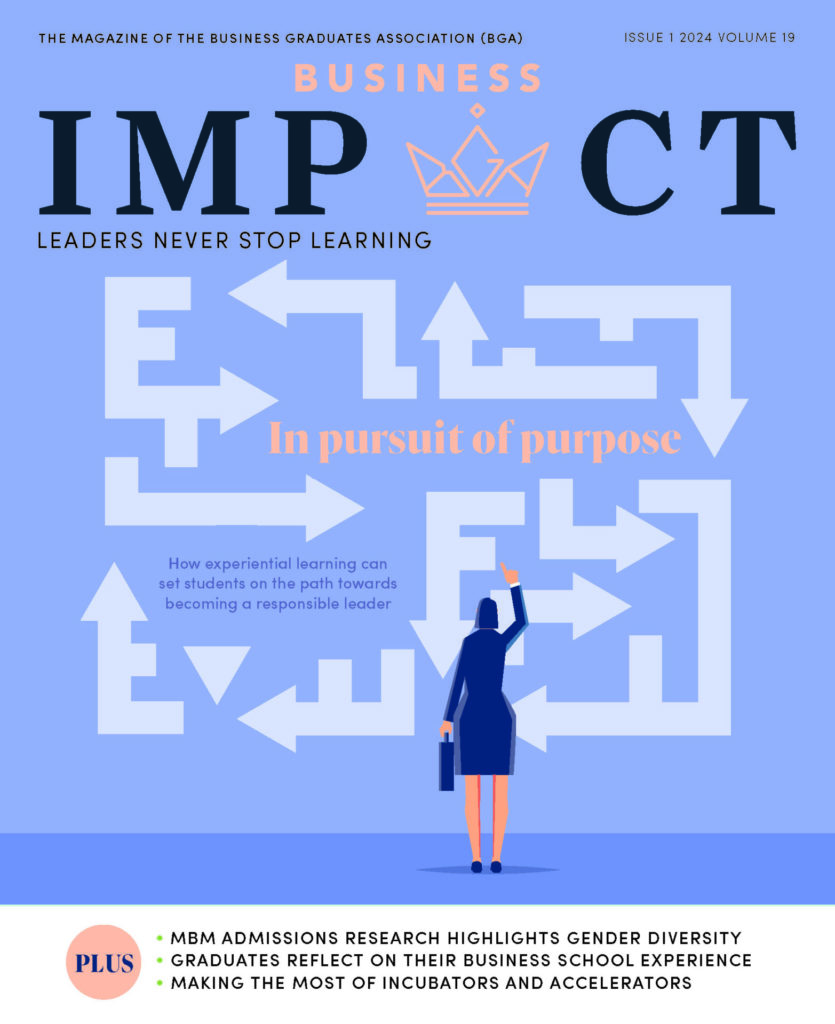It’s easy to take access to education for granted. When you’ve got used to going to school every day, spending a few hours in a library, or even just going on YouTube to find information, education can start to seem mundane. In a digital society, most of us walk around with access to vast amounts of information literally sitting in the palm of our hands.
Yet for some small but substantial groups, such unfettered access is not taken for granted and is far from the norm of their everyday lives. Groups such as prisoners, homeless people and the very poor don’t have access to education in anything like the way the rest of us do. This is in part both the cause and the consequence of the harsh lives these people lead.
Rights to education
Education is supposed to be a fundamental human right, enshrined by a declaration made by the United Nations. For years researchers, analysts and academics, as well as most sensible governments, have recognised its potential to transform lives.
As well as contributing to confidence, fulfilment, independence and career prospects, an individual who has completed upper secondary education can expect to live six years longer than an individual with the lowest level of education. These benefits are reflected in wider society, too; societies that witness higher participation in education tend to experience higher levels of happiness, civic participation and better health outcomes.
But for those segments of society who remain part of a marginalised and vulnerable population, the right to an education remains largely ignored.
Locked out
Prisoners are among the most poorly educated groups in society. A lack of education and skills means finding work is difficult and, once they have a criminal record, it becomes harder still. This leads many to return to crime.
For example, 47% of prisoners in the UK have no formal qualifications when they enter custody. Offering those in prison a laptop – as Coracle does – is a chance for them to build skills and creativity. It’s also a humanistic solution to reoffending that can work towards bridging social inequalities.
Breaking this cycle could save billions. Estimates suggest that for every $1 spent on correctional education in the US, $4 to $5 are saved on reincarceration costs. It’s good for the prisoner, their families and also for wider society. A lot of crime takes place close to where a perpetrator lives, so it’s also the poorest communities that stand to benefit the most.
In October 1989, the Council of Europe adopted a set of recommendations outlining the needs and responsibilities of the education of imprisoned people in Europe. Despite this becoming enshrined in policy recommendations, the gap in access to education persists.
Digital society
Our society is becoming digital on every front. We use apps for everything, cash is disappearing and being able to use the internet is taken as a given. But there’s a digital divide opening up and prisoners are on the wrong side of it. Anyone who emerges from prison after a lengthy spell finds themselves in a very different world.
From contactless card payments to digital passports and self-service checkouts, the digital revolution is changing society at an immense speed. Giving prisoners the opportunity to learn the digital skills they need increases their chances of successful reintegration into their communities. This is vital if we are to address the continued exclusion of ex-prisoners from mainstream society.
Recognising this gap, I founded Coracle – a digital learning company which provides inmates with access to education. What started as a project in my local prison now reaches 50 prisons across England and Wales.
Employment
It is evident that employers still have a way to go when it comes to offering former convicts opportunities without negative bias. At current, the proportion of offenders in employment one year after release is a meagre 17% in the UK. By equipping offenders with the educational capacities needed to gain employment, prisoner education bridges the skills gap that exists between the prisoner population and wider society.
By providing crucial skills that have the potential to transform people’s lives, prisoner education is a vital area of social investment. Ending the revolving door of sending vulnerable people back into prisons year on year is possible, but it requires a collective effort rooted in humanising offenders and understanding their needs.
In short, prisoner education can no longer come last. It’s a priority worthy of our collective efforts, that offers shared benefits for us all. Widening access to education beyond the formal education system is the best way to build hope and develop potential.








